Startups face uphill battles with limited budgets, lean teams, and pressure to move quickly. Every hour spent drafting copy, wrangling data, or answering the same customer questions is an hour stolen from building the business. The question isn’t whether AI can help, but which tools actually deliver. In this guide, we break down the 50 Best AI tools for startups that help founders work smarter: tools that free up time, trim expenses, and drive growth without adding overhead. With the right stack, startups can scale faster, serve customers better, and compete like companies twice their size.
AI Acquisition's AI operating system integrates automation, CRM, predictive analytics, and content tools into a single, intuitive interface, allowing you to spend less on setup and more on growing your business.

Startups operate with scarce cash, small teams, and the pressure to achieve product-market fit quickly. Founders juggle hiring, customer acquisition, product fixes, and investor relations at the same time. What happens when the team runs out of hours in the day? Repetitive tasks accumulate, time-to-market stretches, and the cost of experimentation increases. Generative AI tools change that dynamic by:
Imagine generating marketing copy, visuals, and landing pages in hours rather than days, or using AI code assistants and design generators to build a prototype the week after ideation.
These tools enable small teams to reassign hours from manual tasks to strategy and growth, while keeping burnout under control.
Generative AI tools are software that use machine learning models to produce new content and data. They create text, images, video, music, code, and product designs by learning patterns from large datasets and then making new outputs that resemble, yet vary from, their examples.
Unlike traditional AI that focuses on classification or prediction, generative AI actually composes original assets. These platforms include large language models, image generators, code synthesizers, and multimodal systems. You prompt them, they respond, and you iterate. That workflow makes them ideal for:
Generative AI platforms are among the best AI tools for startups, as they enhance the productivity of existing staff. Use cases include:
Affordable AI tools and SaaS AI platforms replace or augment hires for content, design, and routine support. No-code AI builders let product teams test concepts without a full engineering sprint. This lowers development costs and shortens iteration cycles, allowing a founder to test hypotheses and adapt to feedback in real-time.
AI automates repetitive tasks, allowing your team to focus on strategy. For example, spreadsheet automation with Ajelix AI eliminates manual data wrangling, reducing the hours spent on cleaning and formula work. What would your product team do with those reclaimed hours?
AI reduces the need for extra hires by automating work across marketing, support, and operations. Using affordable AI tools and AI workflow automation, startups can scale output without proportional increases in payroll.
AI accelerates analysis and reveals insights from complex data. Tools like the Ajelix AI Data Analyst function like ChatGPT for advanced data tasks, enabling the building of reports and extraction of insights in seconds. Faster analytics will allow you to iterate on pricing, product features, and customer funnels before competitors react.
AI systems flag anomalies and identify early warning signs in product usage, financials, or support trends. That helps teams catch churn drivers or cost leaks early and correct course before minor issues become big problems.
AI improves communication and coordination by generating status summaries, automating task updates, and suggesting next steps. Integrations with project management platforms such as Asana make workflows more efficient and keep priorities visible.
Tools like Canva and Jasper generate marketing copy, visuals, and videos while maintaining brand consistency. Utilize AI-driven content pipelines to create A/B tests, social posts, and landing page variations with reduced manual overhead, allowing your team to focus on strategy and targeting instead of assembly work.
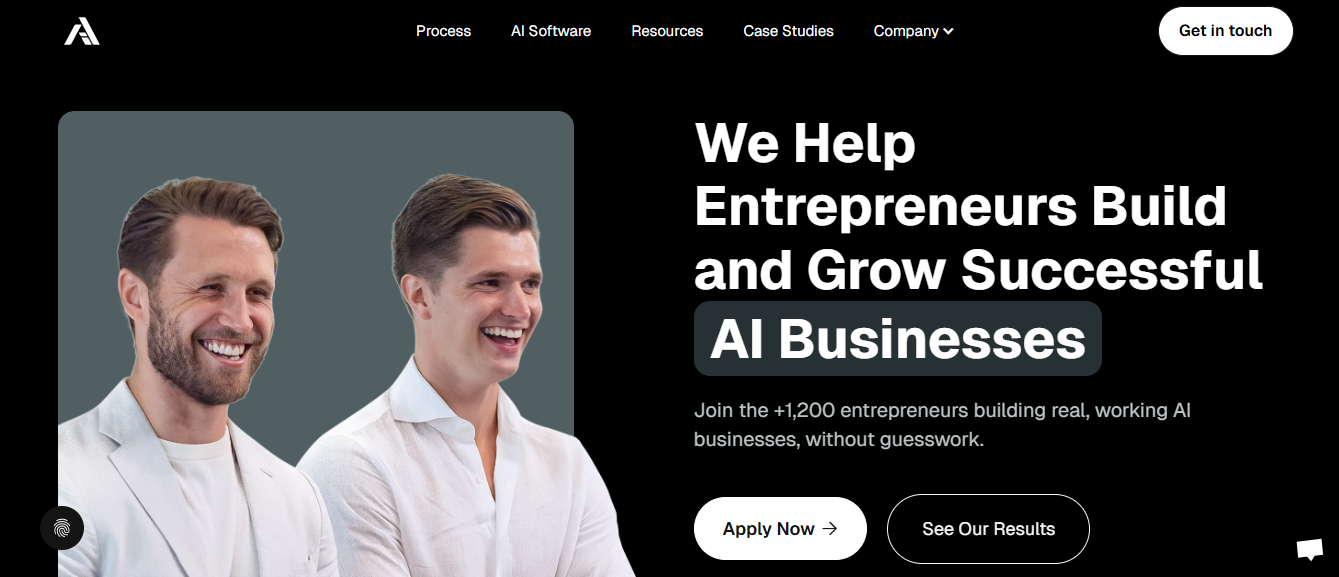
AI Acquisition helps professionals and business owners start and scale AI-driven businesses using existing AI tools and the proprietary ai-clients.com AI operating system. The program promises no need for deep technical skills, significant upfront capital, or trading one job for another; the approach automates core functions, allowing you to focus on growth. Key features include:
Check the free training or book an AI strategy call to see the system in action.

Potion automates AI personalized video outreach to identify high-value B2B leads and drive meetings without cold calling. Key features:
The potion increases response rates and conversions by adding a human face to outreach, while saving time, making it ideal for early GTM and demand generation campaigns.
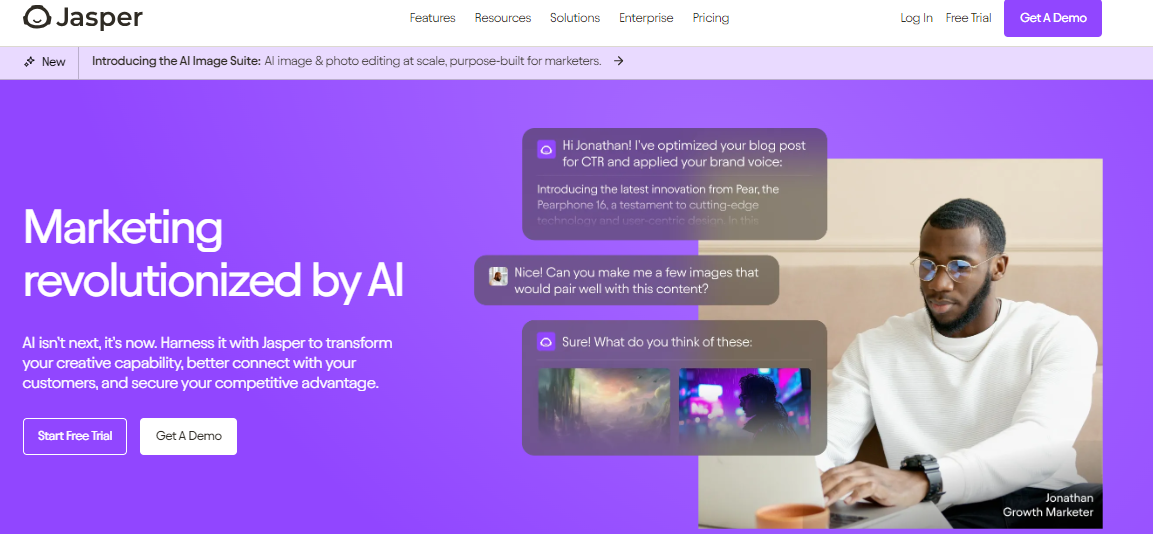
Jasper is an AI writing assistant that generates marketing copy, blogs, product descriptions, and scripts in multiple tones and styles. Key features:
Jasper removes writer’s block, speeds content production for growth marketing and content funnels, and keeps messaging consistent across channels.
.png)
Gemini is Google’s family of advanced AI models for coding help, creative brainstorming, and document summarization. Key features:
Why it helps startups: Gemini boosts productivity across product, marketing, and operations by providing fast, contextually relevant assistance directly inside workflows.

SparkToro gives audience intelligence by revealing the websites, social accounts, and podcasts your target customers follow. Key features: interest and audience analysis beyond demographics, competitor audience research, a list of top sources and influencers for a niche, and trend signals that inform content and paid media.
Why it helps startups: SparkToro guides channel selection and content strategy so you spend ad dollars and content time where your prospects already pay attention.
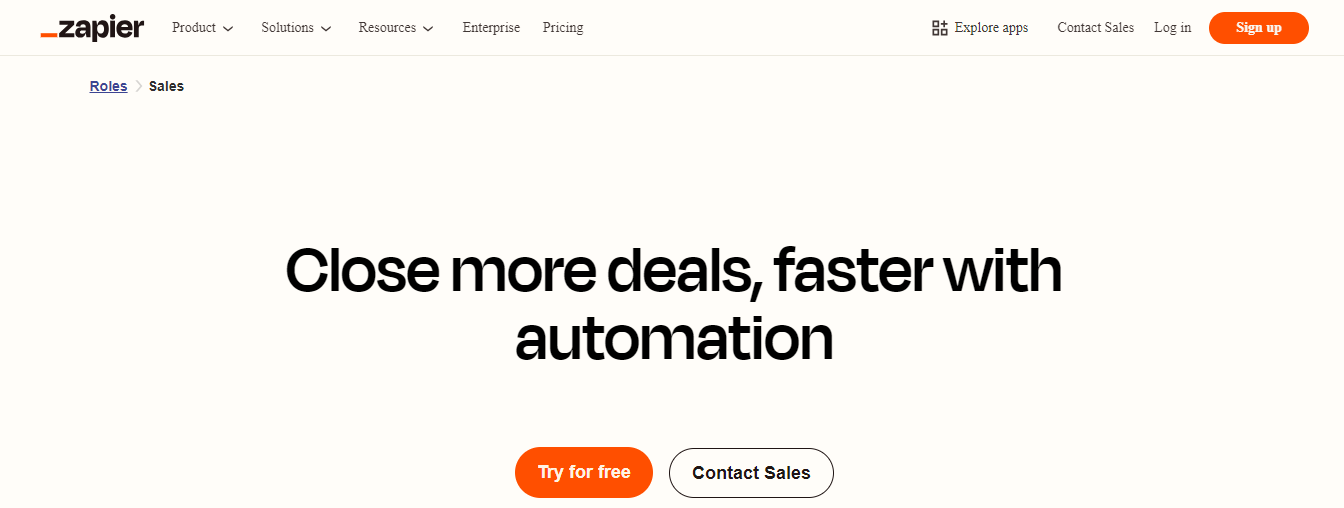
Zapier connects hundreds of apps to automate tasks like CRM updates, email triggers, and file routing. Key features:
Why it helps startups: Zapier frees small teams from manual data entry and repetitive tasks, allowing them to focus on strategy and growth.
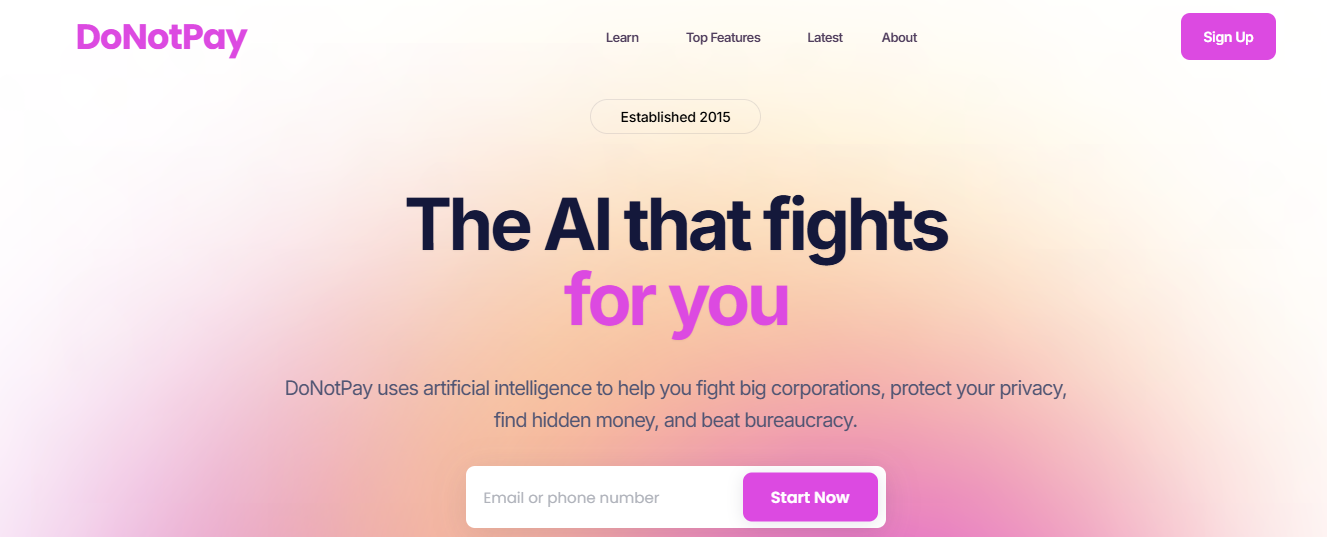
DoNotPay offers automated legal and consumer assistance, from contract review to dispute filings. Key features:
Why it helps startups: it lowers legal friction on routine matters and reduces early-stage legal spend while preserving options for escalation to counsel.
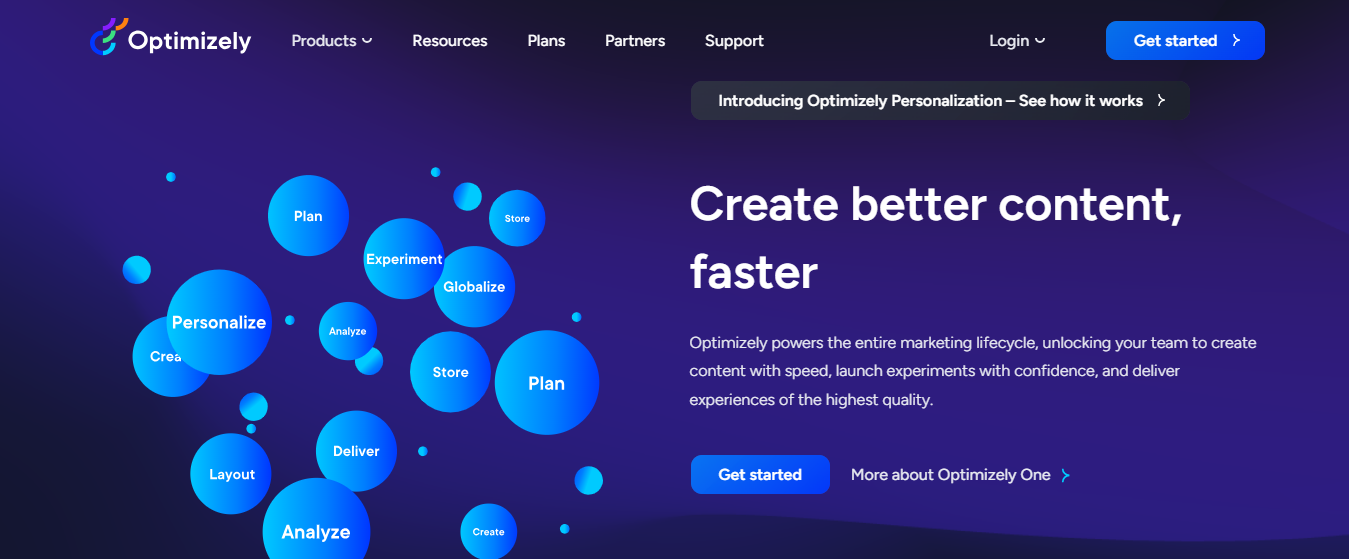
Optimizely provides A/B and multivariate testing, along with AI recommendations on which variants are most likely to win. Key features:
Why it helps startups: Optimizely enables small teams to quickly validate landing pages and funnels, thereby increasing conversion rates without guesswork.
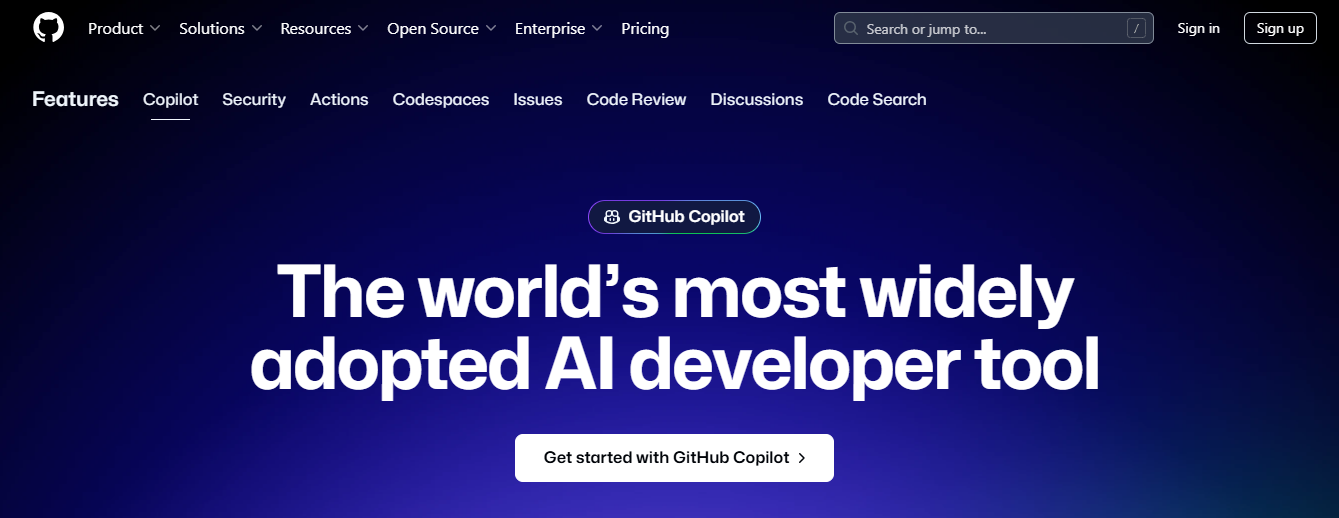
GitHub Copilot provides AI code completions and function suggestions across languages and frameworks. Key features:
Why it helps startups: Copilot accelerates feature development, reduces the cost of building prototypes, and enables non-senior engineers to ship production-quality code more quickly.
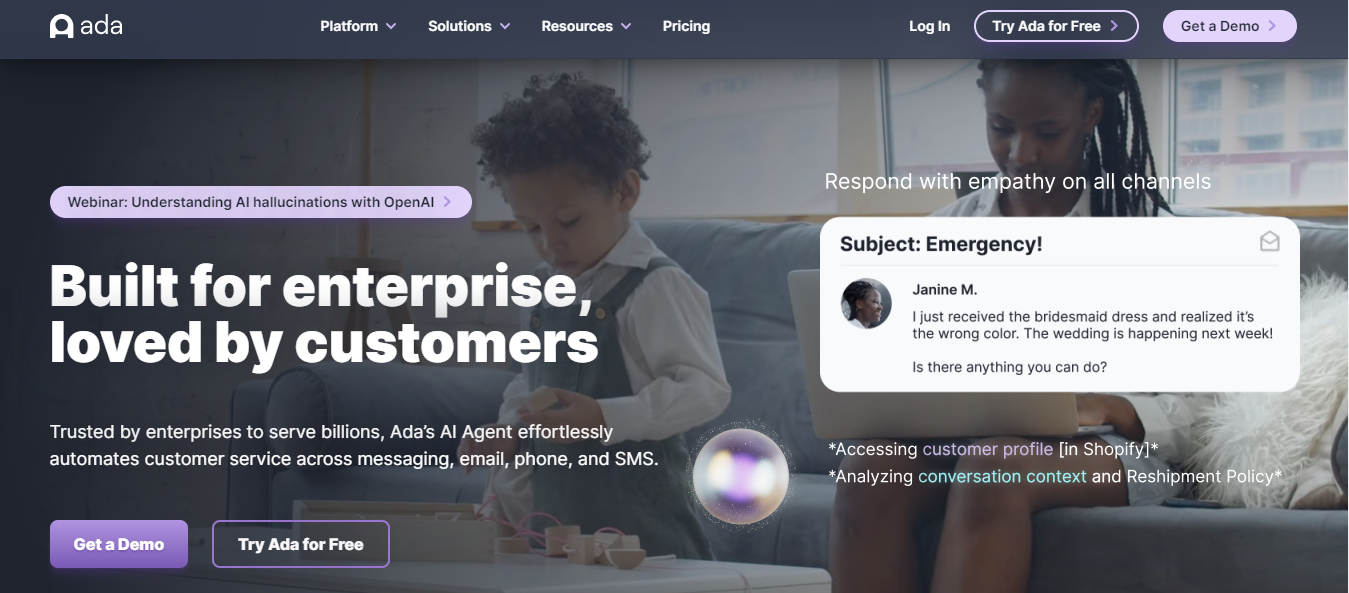
Ada is an AI chatbot platform that handles common customer questions using natural language and transfers complex issues to humans. Key features:
Why it helps startups: Ada reduces response times, supports after hours, and preserves human support bandwidth for high-value issues.
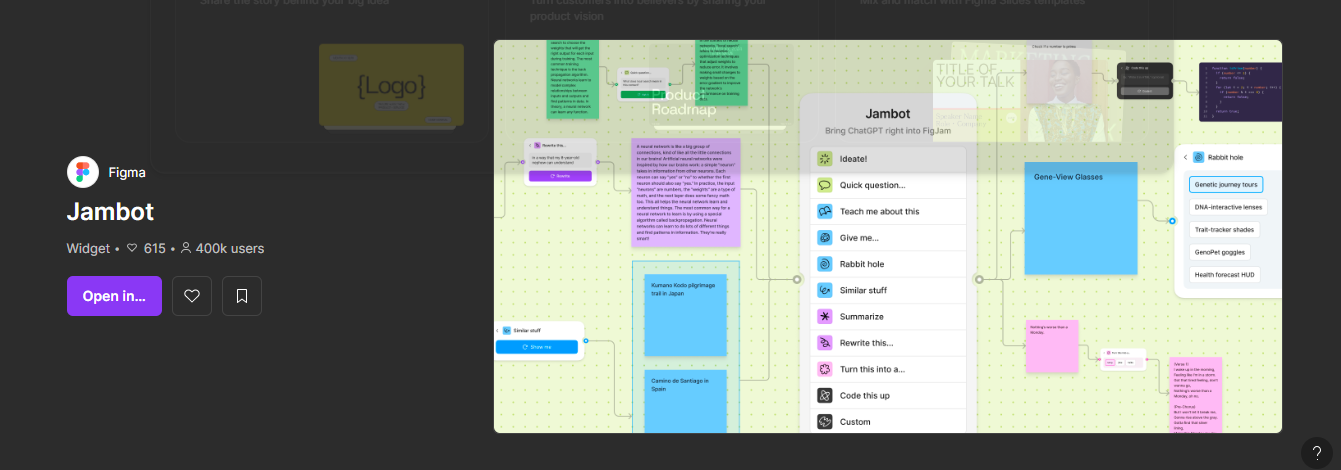
FigJam extends Figma with AI tools for layouts, auto-animation, and prototyping features, including voice interactions. Key features:
Why it helps startups: FigJam accelerates design iterations and enables teams to produce usable prototypes that developers can implement quickly.
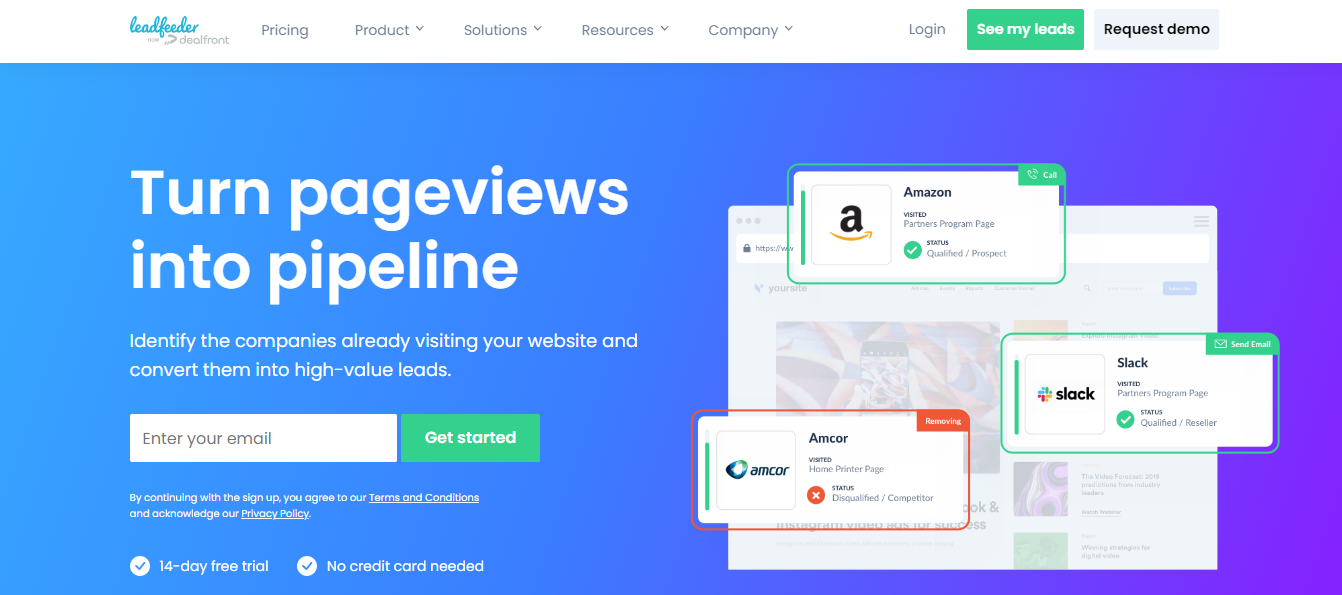
Leadfeeder identifies companies visiting your site and scores them by engagement so you can prioritize outreach. Key features:
Why it helps startups: Leadfeeder surfaces active prospects who haven't filled out a form, improving outbound efficiency and closing more inbound-ready leads.
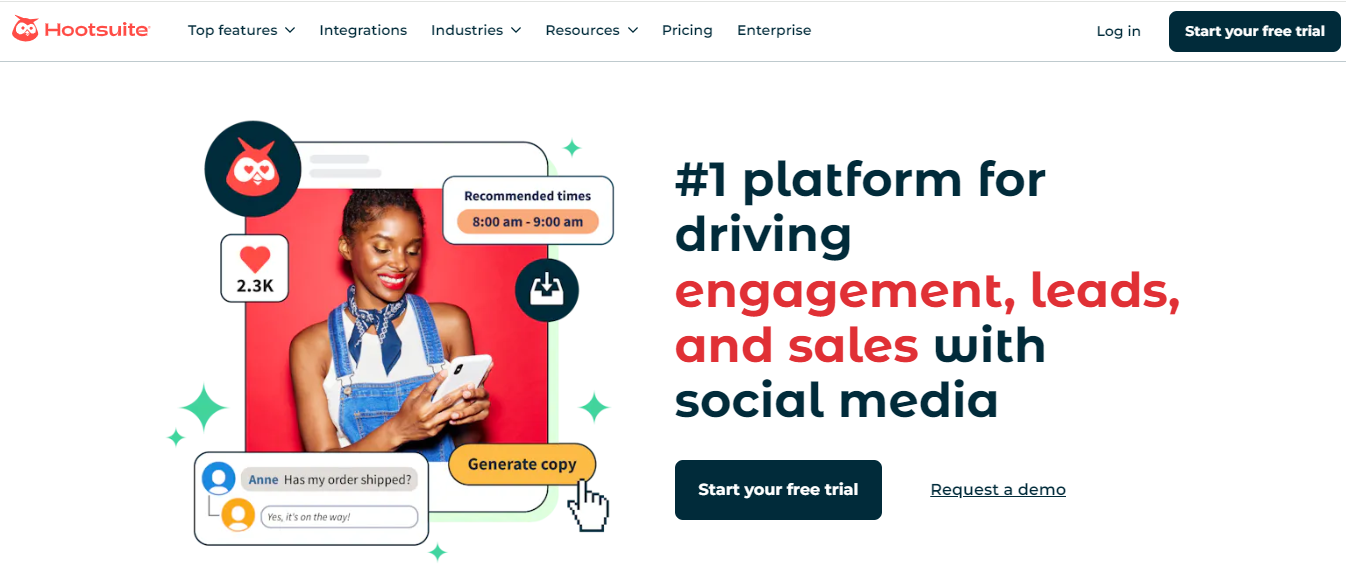
Hootsuite’s Amplify promotes employee sharing and uses AI to recommend content topics, hashtags, and optimal posting times. Key features:
Why it helps startups: Amplify expands reach via employees, strengthens employer branding, and reduces paid spend by leveraging earned channels.

Monday.com’s Work OS layers AI automations and analytics on boards to manage projects and workflows. Key features:
Why it helps startups: Monday.com reduces coordination overhead and enforces repeatable delivery processes without heavy process engineering.
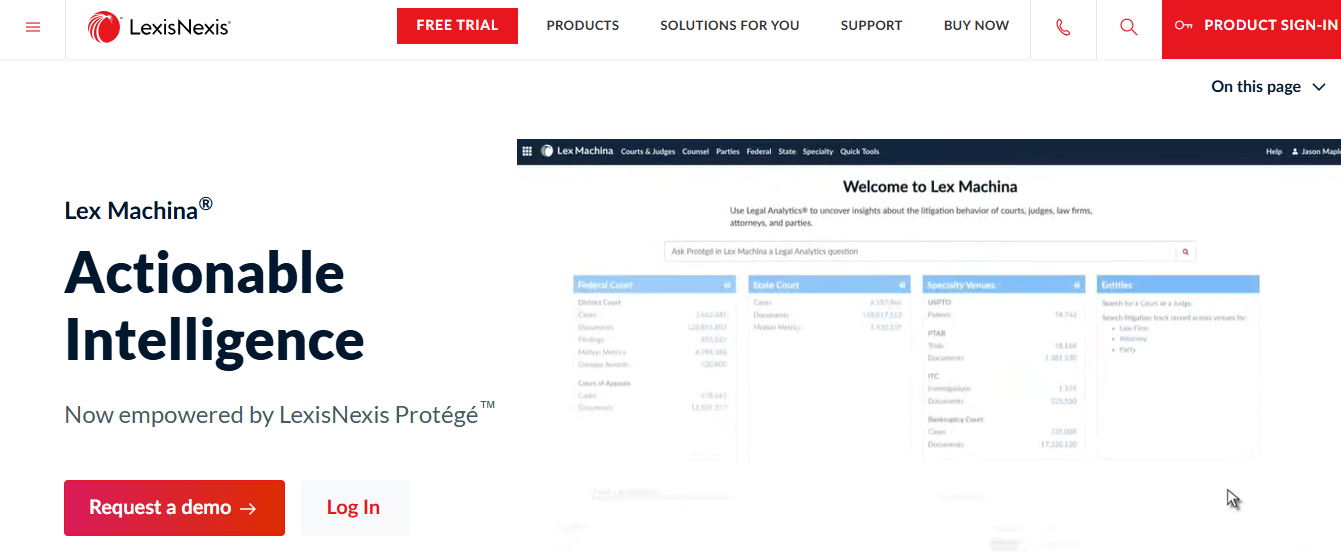
Lex Machina transforms public legal filings into searchable analytics to support strategy in disputes and IP matters. Key features:
Why it helps startups: Lex Machina provides legal teams and outside counsel with data-driven context, enabling parties to make smarter settlement and defense choices.
Inlytics analyzes your professional network to suggest high-impact introductions and outreach. Key features:
Why it helps startups: Inlytics helps founders and sales leaders prioritize outreach that leads to partnerships, investors, or key hires.
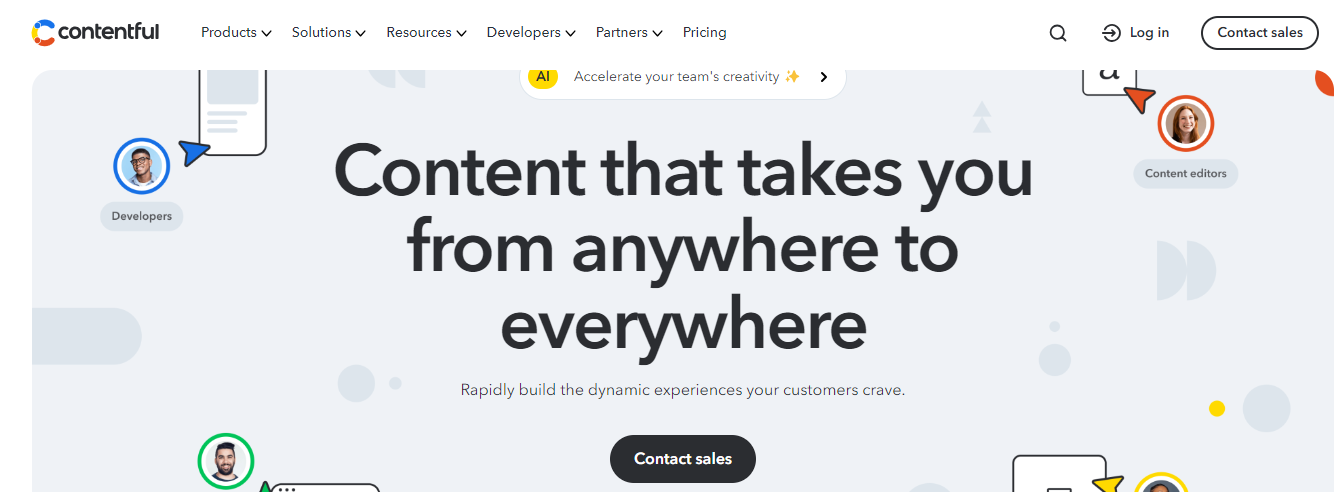
Contentful provides an API first CMS to manage content across web, mobile, and other channels. Key features:
Why it helps startups: Contentful supports rapid iteration across devices and reduces developer handoff time for content updates.

InVideo AI produces short ads and videos from scripts using templates and stock assets. Key features:
Why it helps startups: InVideo lowers production costs and speeds the creation of demand gen creative that performs on social and paid channels.
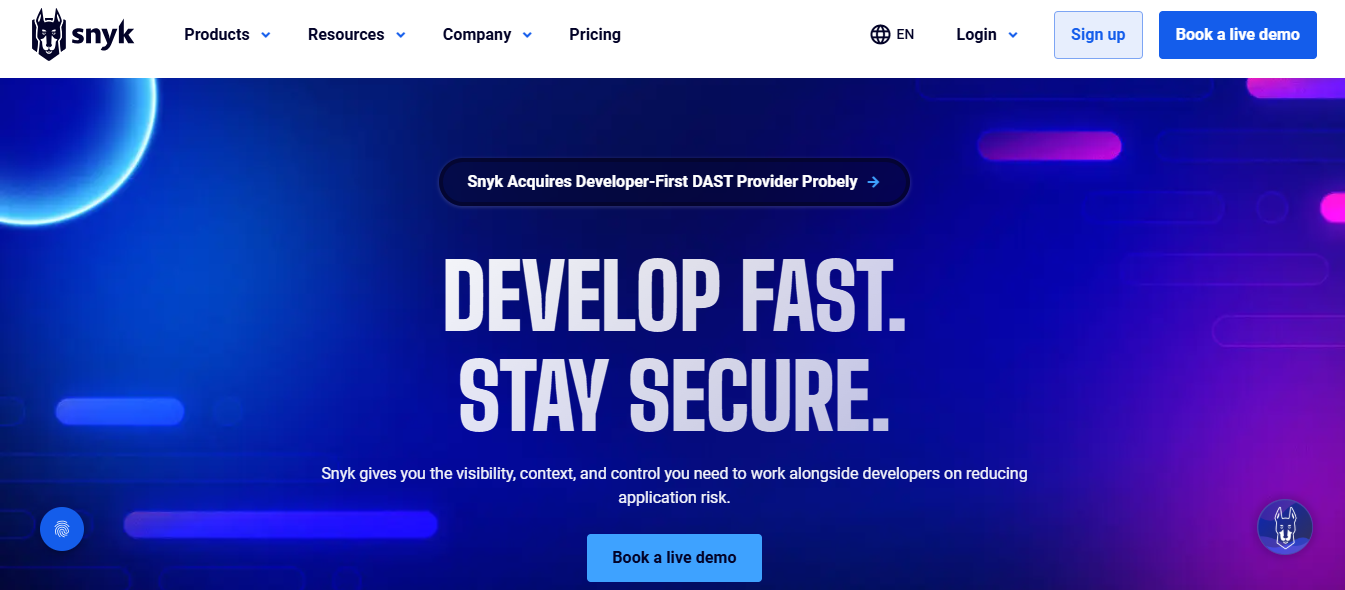
Snyk finds vulnerabilities and suggests fixes across dependencies and source code with AI-assisted guidance. Key features:
Why it helps startups: Snyk prevents security issues from reaching production and reduces remediation time during fast release cycles.
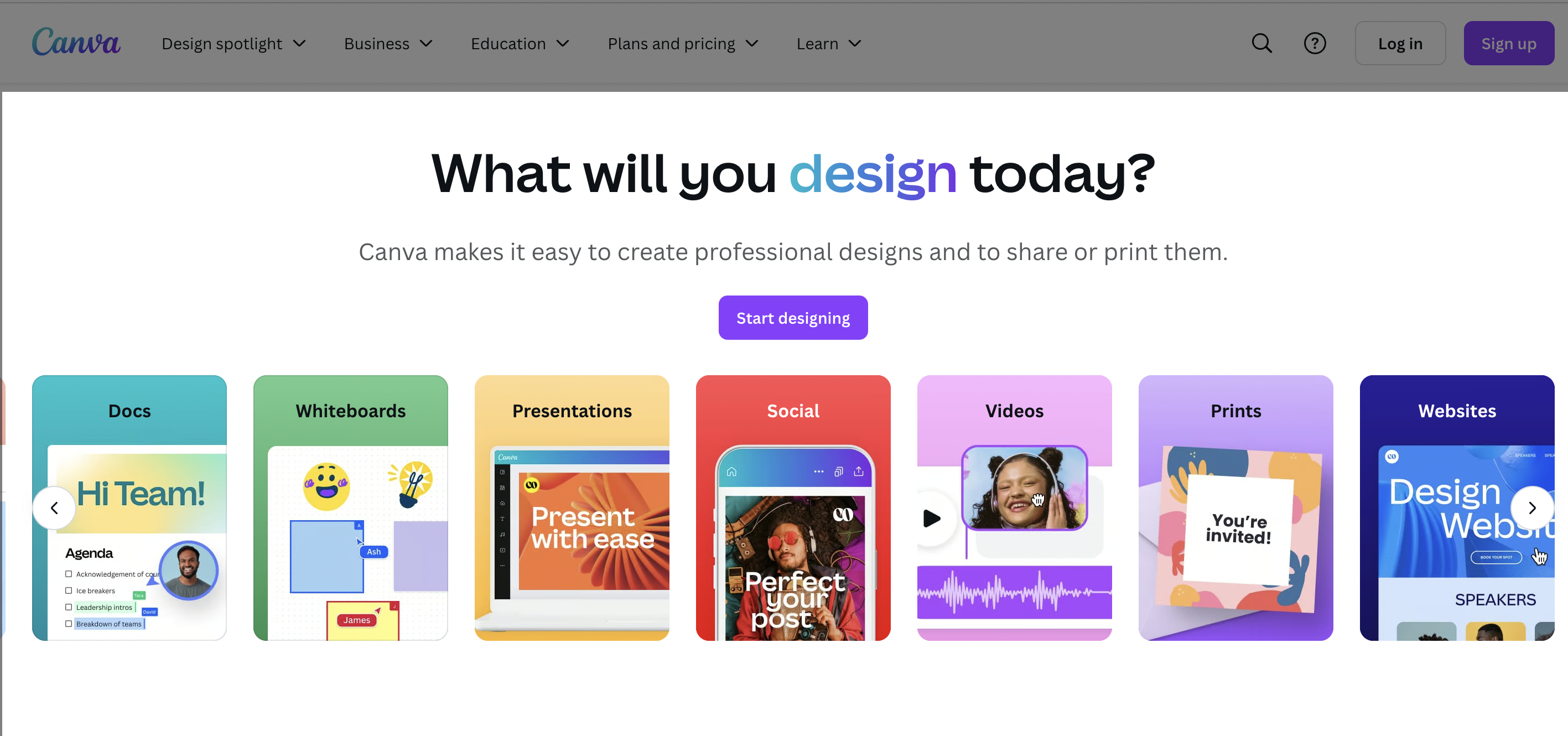
Canva’s Magic Design offers AI-driven layout suggestions, background removal, and brand consistency checks, making it accessible to non-designers. Key features:
Why it helps startups: Canva streamlines the creation of on-brand visuals across landing pages, decks, and social media, eliminating the need to hire a designer.
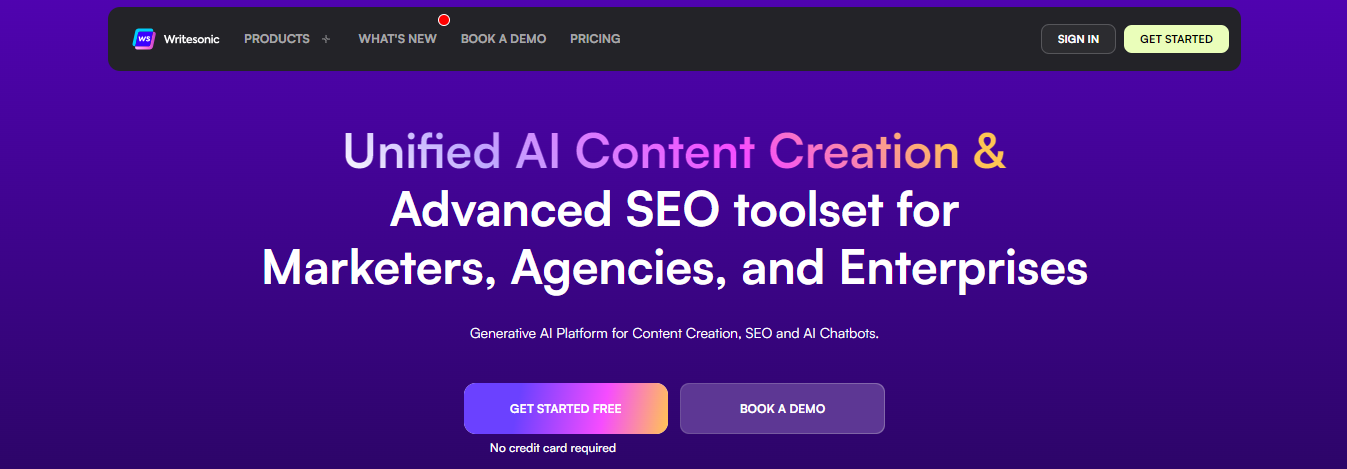
Writesonic generates product descriptions, ads, blog posts, and landing page copy using copywriting frameworks. Key features:
Why it helps startups: Writesonic enables fast marketing copy creation, facilitates iterative messaging for landing pages and ads, and supports localization without incurring significant agency costs.
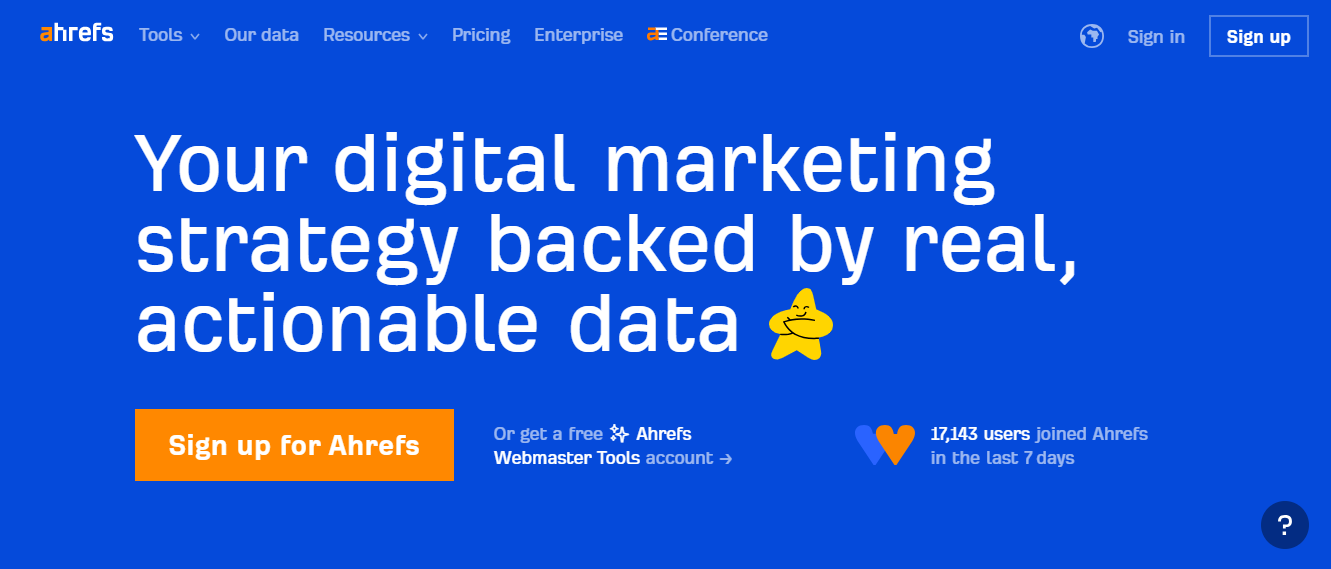
Ahrefs offers comprehensive SEO tools for keyword research, backlink analysis, and identifying content gaps. Key features:
Why it helps startups: Ahrefs focuses on content and link building, which drives organic traffic, reduces wasted content effort, and enhances search visibility.
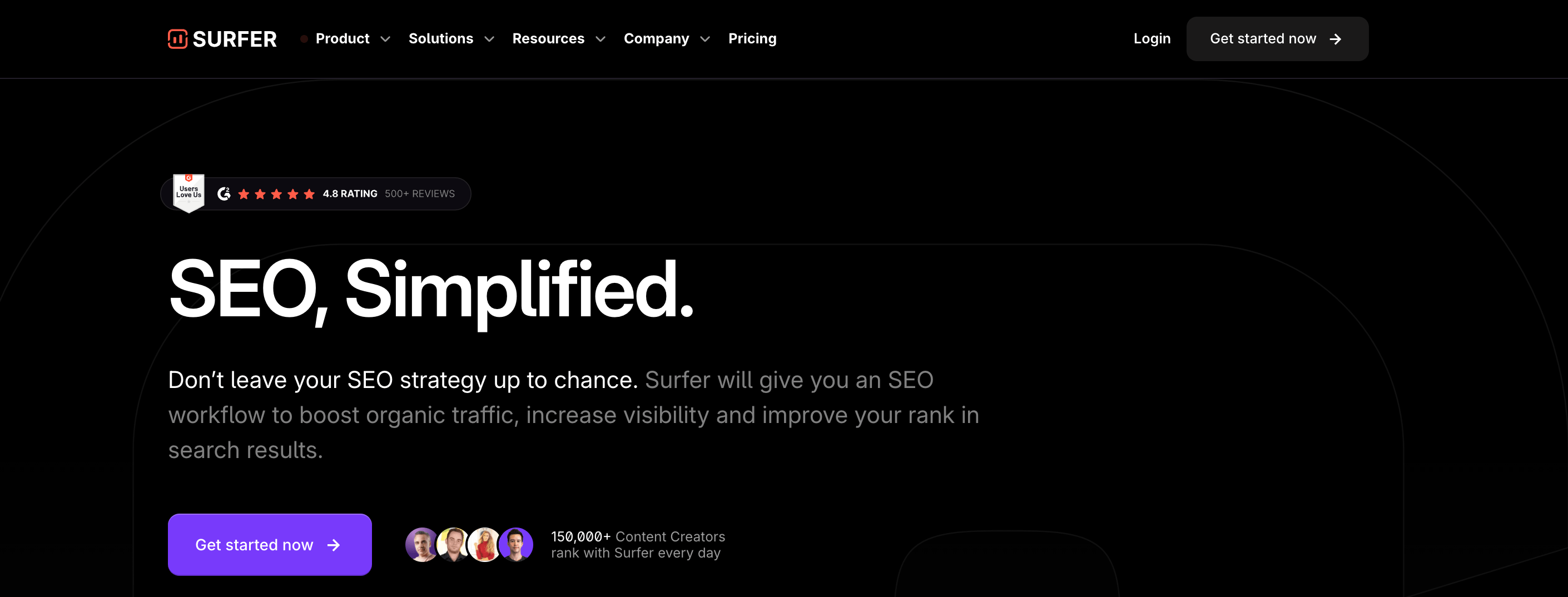
Surfer SEO analyzes top-ranking pages and recommends optimal content structure, targeted keywords, and effective internal linking. Key features:
Why it helps startups: Surfer provides actionable on-page fixes, enabling small teams to publish searchable content that drives organic growth.
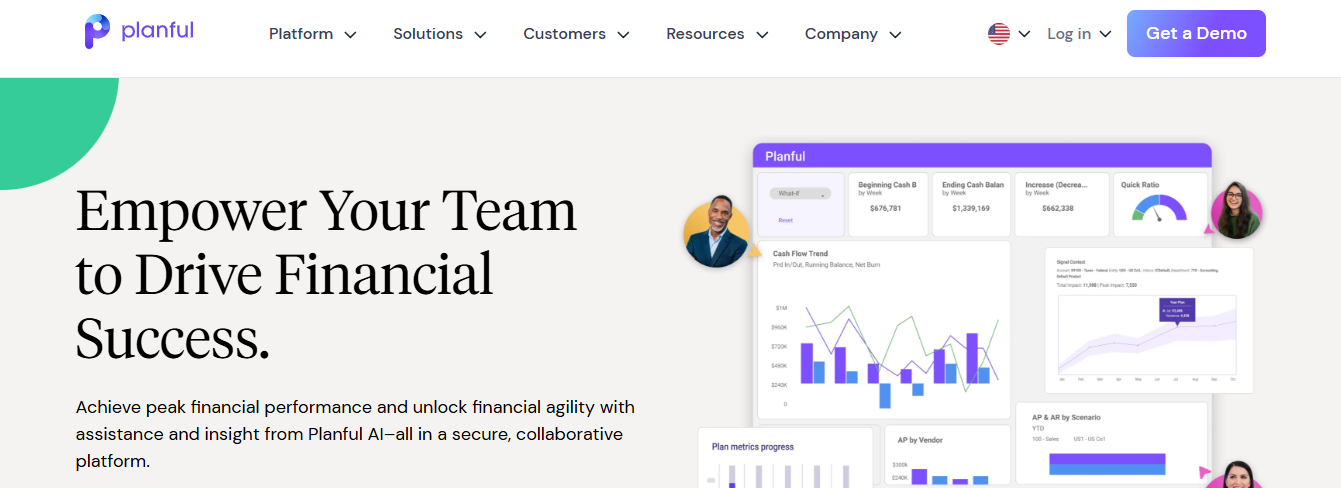
Planful centralizes financial planning, automates forecasts, and runs what-if scenarios using historical data and assumptions to inform decision-making. Key features:
Why it helps startups: Planful supplies credible financial models for fundraising and decision-making while reducing spreadsheet risk.

Brand24 monitors mentions across social media, news, and forums, scoring sentiment to detect issues and advocates. Key features:
Why it helps startups: Brand24 catches PR problems early and surfaces advocates for partnership and outreach.
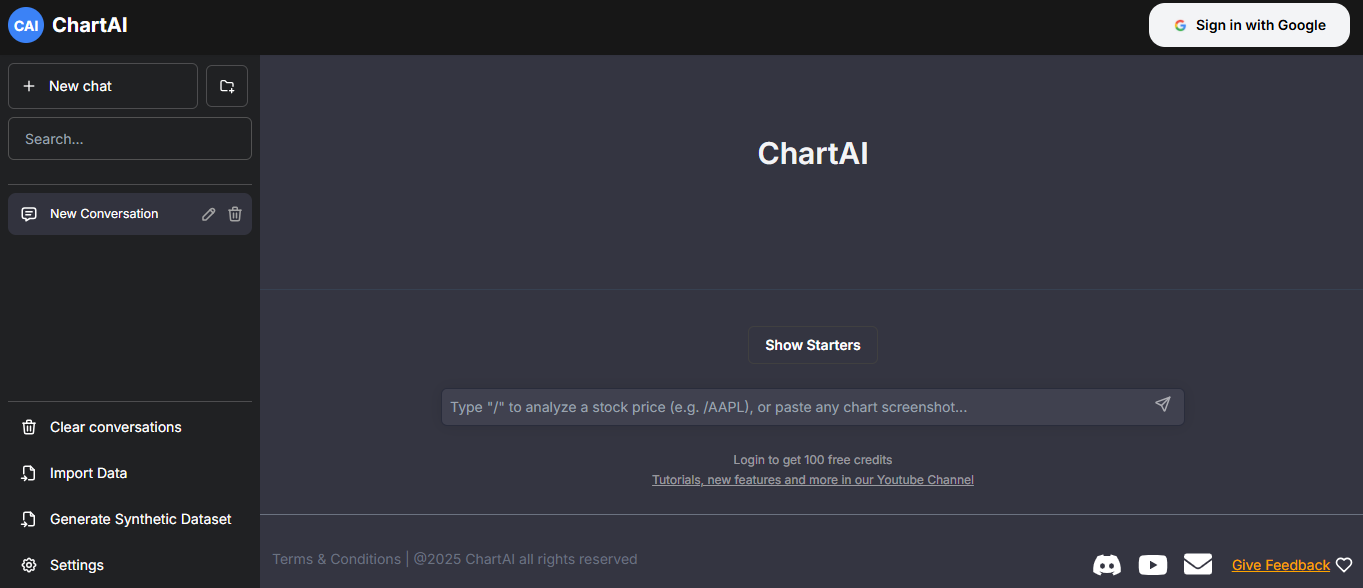
Chart AI converts datasets into charts and narrative suggestions to explain insights to stakeholders. Key features:
Why it helps startups: Chart AI accelerates reporting and investor communications by turning metrics into clear visuals and talking points.

Mockplus generates mockups from text prompts and suggests UI components to complete screens quickly. Key features:
Why it helps startups: Mockplus reduces prototyping time, allowing product and design teams to validate concepts before costly builds.

DALL·E 2 generates original images from descriptive prompts, producing both photorealistic and stylized outputs. Key features:
Why it helps startups: DALL·E 2 provides on-demand artwork for ads, hero images, and mockups, eliminating the need to hire a designer.

Metabase turns databases into charts and dashboards with natural language questions and visual builders. Key features:
Why it helps startups: Metabase democratizes data, allowing product and marketing teams to get answers without requiring SQL expertise.
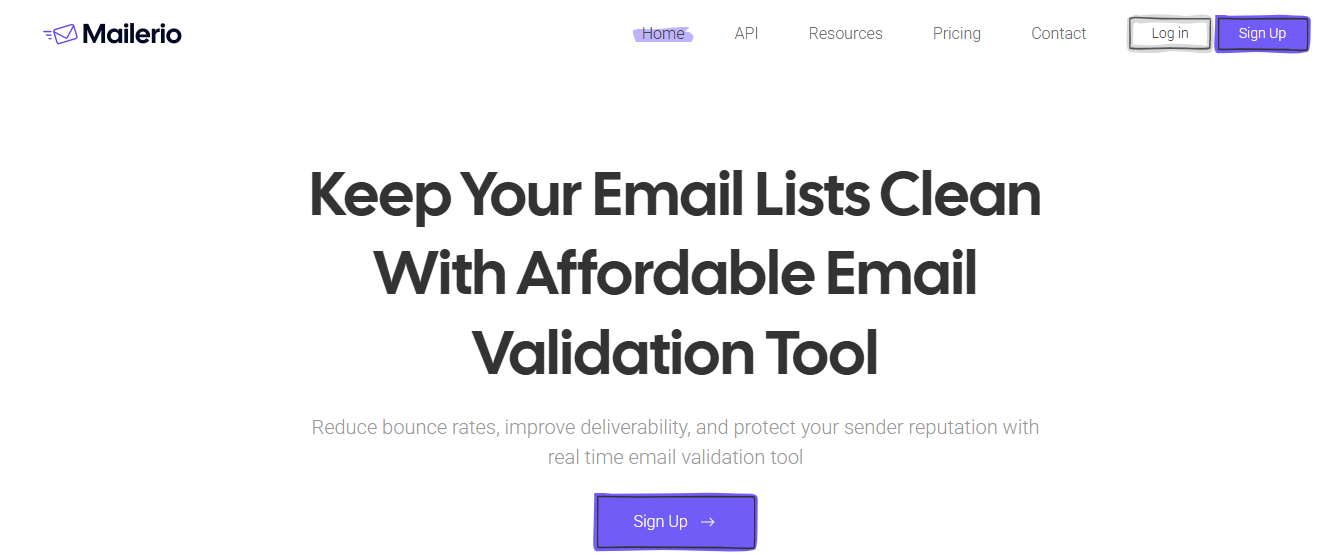
Mailerio validates emails in bulk or in real-time to reduce bounces and maintain high deliverability. Key features:
Why it helps startups: Mailerio protects sender reputation, improves campaign metrics, and increases the ROI of email outreach.

Freepik AI Suite generates images, vectors, and icons from prompts and transforms existing assets into consistent styles. Key features:
Why it helps startups: Freepik speeds up asset creation for presentations, social media, and product screens while maintaining consistent visuals.
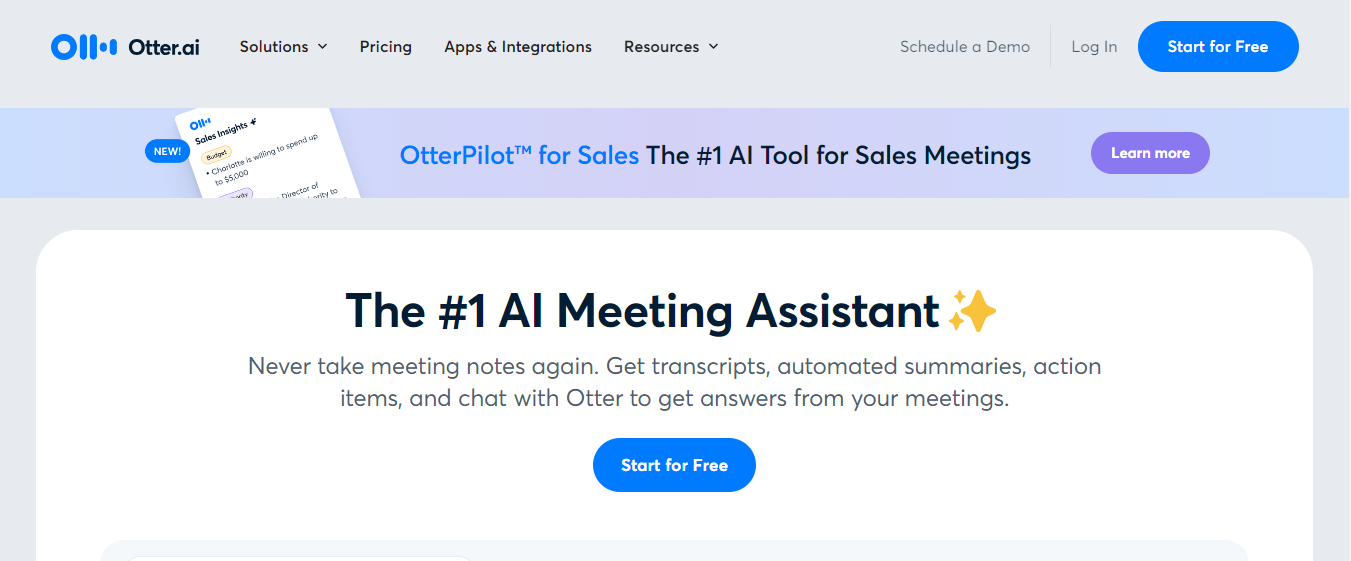
Otter.ai produces real-time transcriptions with speaker separation and searchable notes. Key features:
Why it helps startups: Otter captures decisions and action items from meetings so teams waste less time reconstructing conversations.

Pi.ai focuses on empathetic, confidential conversations and mood tracking for emotional well-being. Key features:
Why it helps startups: Pi.ai offers founders and teams a low-friction way to manage stress and burnout between professional resources.
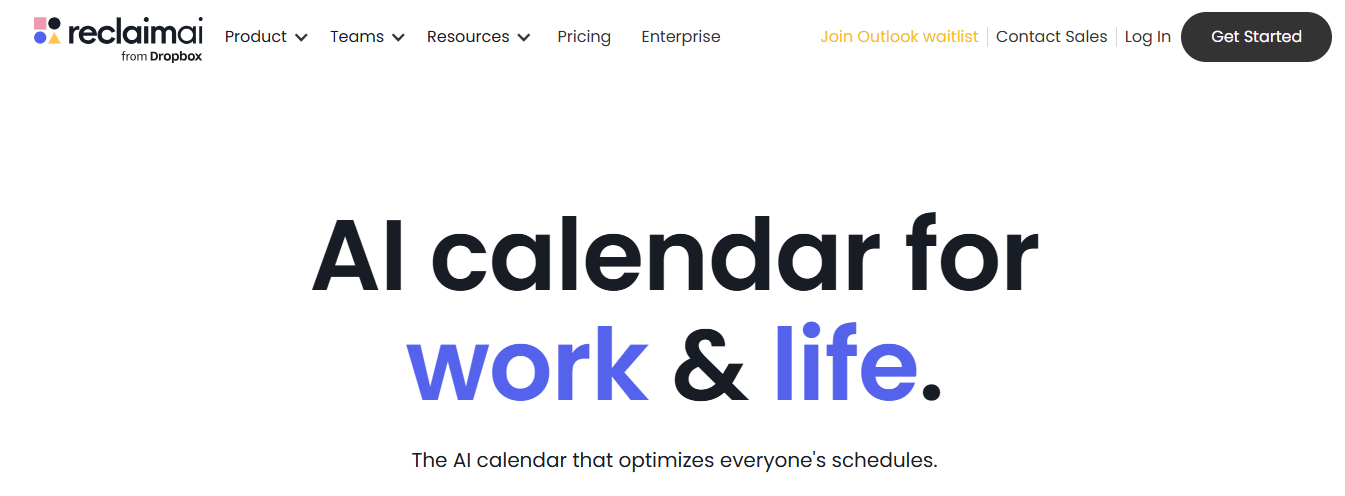
Reclaim.ai auto-schedules tasks, blocks focus time, and balances meetings against deadlines across calendars. Key features:
Why it helps startups: Reclaim protects deep work time for high-impact tasks while keeping meetings efficient.
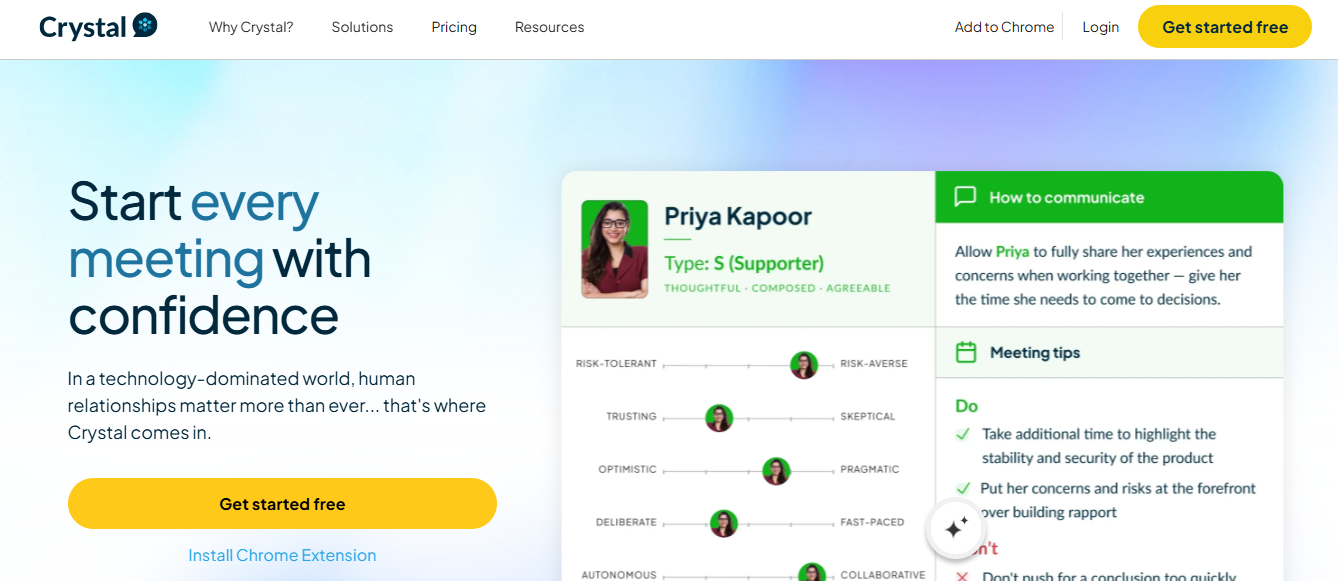
Crystal builds personality profiles and gives communication tips for better outreach and meetings. Key features:
Why it helps startups: Crystal raises reply and meeting success by tailoring messaging to how prospects prefer to be approached.
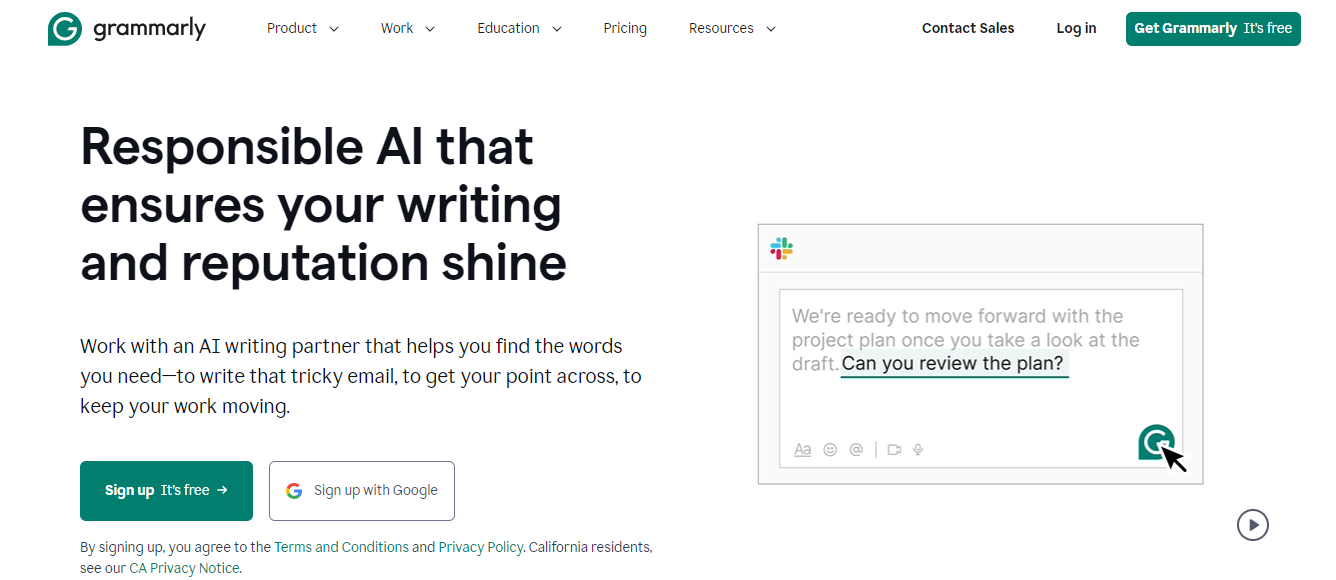
Grammarly corrects grammar, adjusts tone, and improves clarity across documents and email. Key features:
Why it helps startups: Grammarly ensures that investor emails, proposals, and public copy read professionally, even without a dedicated editor.
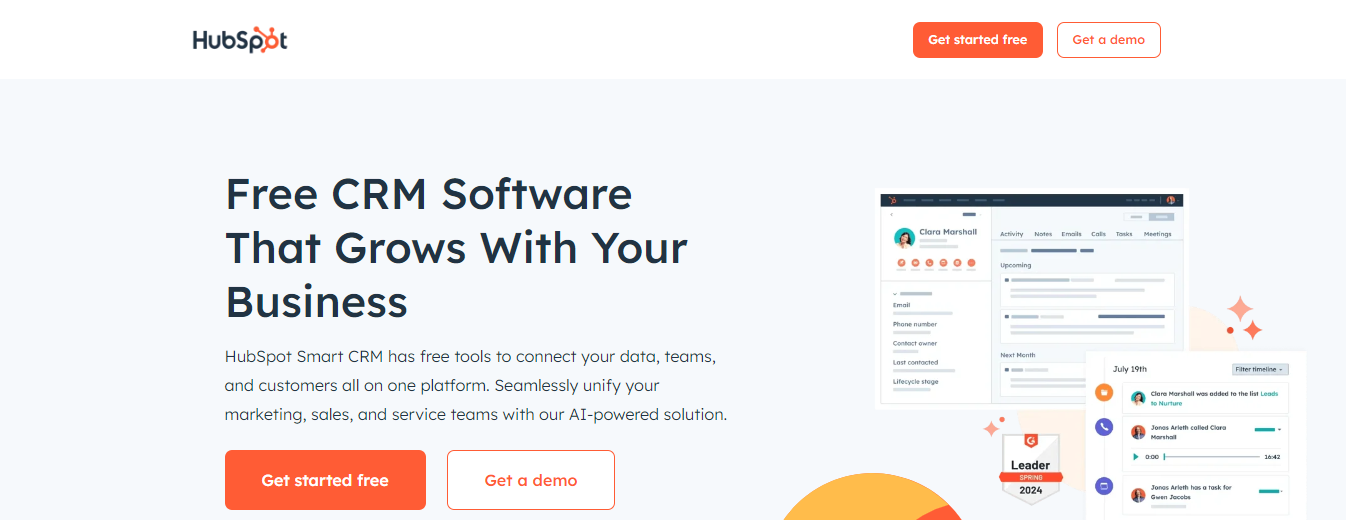
HubSpot bundles CRM, marketing automation, and content tools with AI enhancements for personalization and lead scoring. Key features:
Why it helps startups: HubSpot offers a single platform for early-stage pipeline and marketing activities, with a low entry cost and strong educational resources.
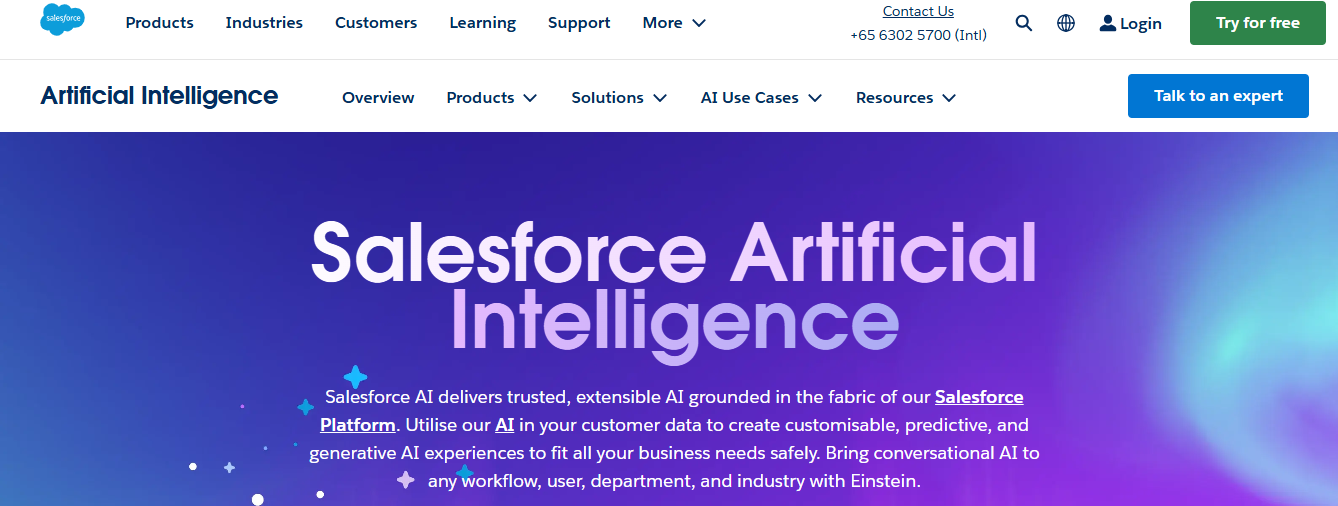
Einstein adds AI to Salesforce to automate data capture, score leads, and recommend following actions. Key features:
Why it helps startups: Einstein helps small sales teams prioritize outreach and close deals with data-driven suggestions inside a scalable CRM.
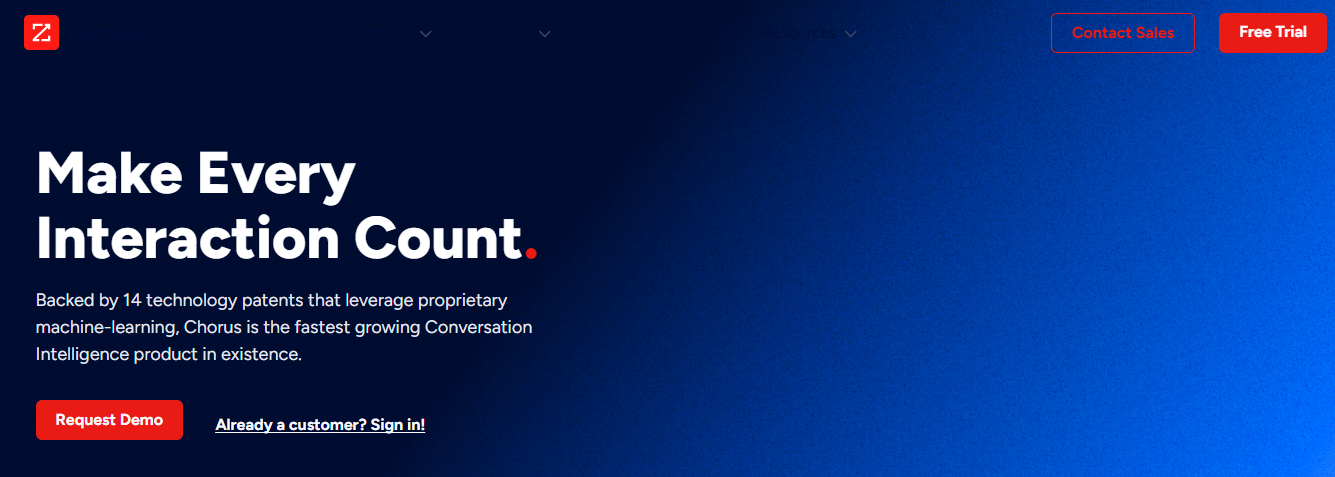
Chorus.ai transcribes calls, analyzes sentiment and topics, and surfaces coaching opportunities. Key features:
Why it helps startups: Chorus accelerates the ramp-up of new reps and enhances close rates by converting recorded conversations into actionable coaching.
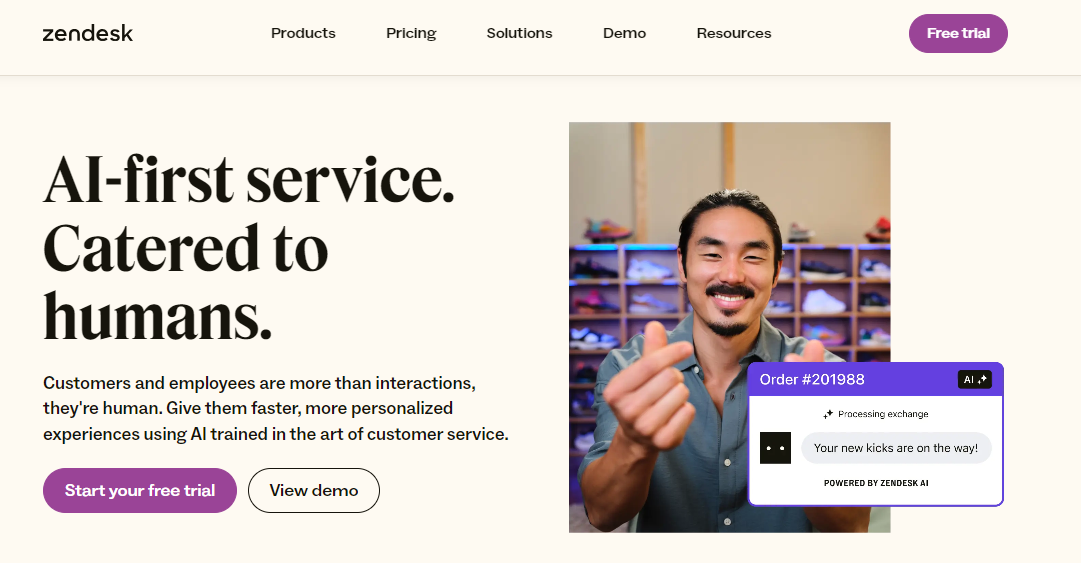
Zendesk automates routine support with chatbots, ticket triage, and self-service while providing analytics. Key features:
Why it helps startups: Zendesk enables small support teams to deliver consistent service while scaling efficiently without hiring too quickly.
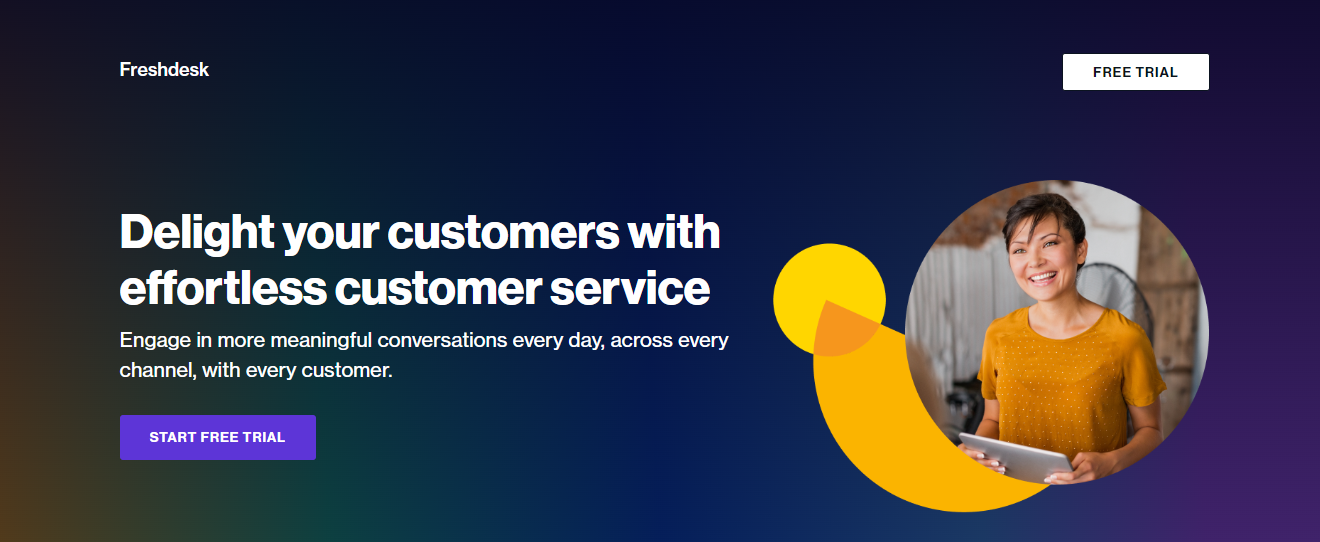
Freshdesk offers Freddy AI to suggest replies, auto-resolve tickets, and analyze performance across channels. Key features:
Performance analytics
Why it helps startups: Freshdesk offers a cost-effective helpdesk that automates everyday support tasks while monitoring customer satisfaction trends.
Kipwise surfaces internal knowledge in the places teams already work and auto-suggests answers in chat. Key features:
Why it helps startups: Kipwise reduces onboarding time and prevents repeated answers by putting verified knowledge where people ask questions.

Confluence centralizes project docs, templates, and knowledge with enhanced search and templates. Key features:
Why it helps startups: Confluence keeps teams aligned on product specs and meeting notes, so fewer decisions get lost in chat.
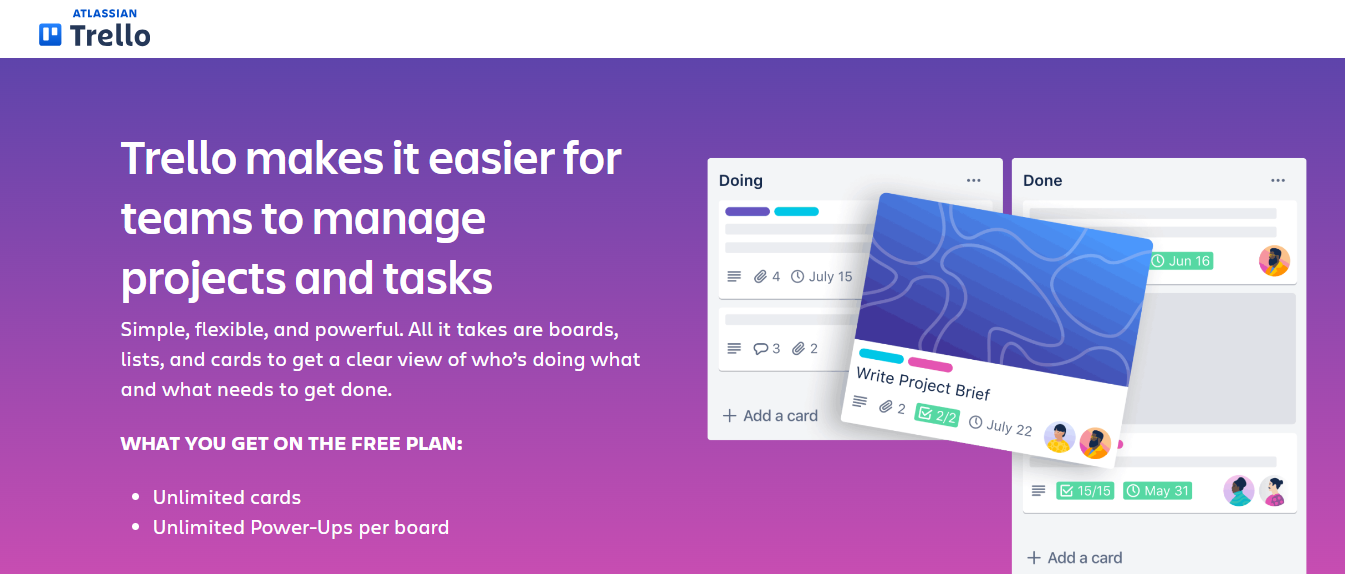
Trello utilizes boards, cards, and Butler automations to manage tasks and automate repetitive tasks visually. Key features:
Why it helps startups: Trello’s simplicity lowers onboarding friction while automation reduces manual task choreography.
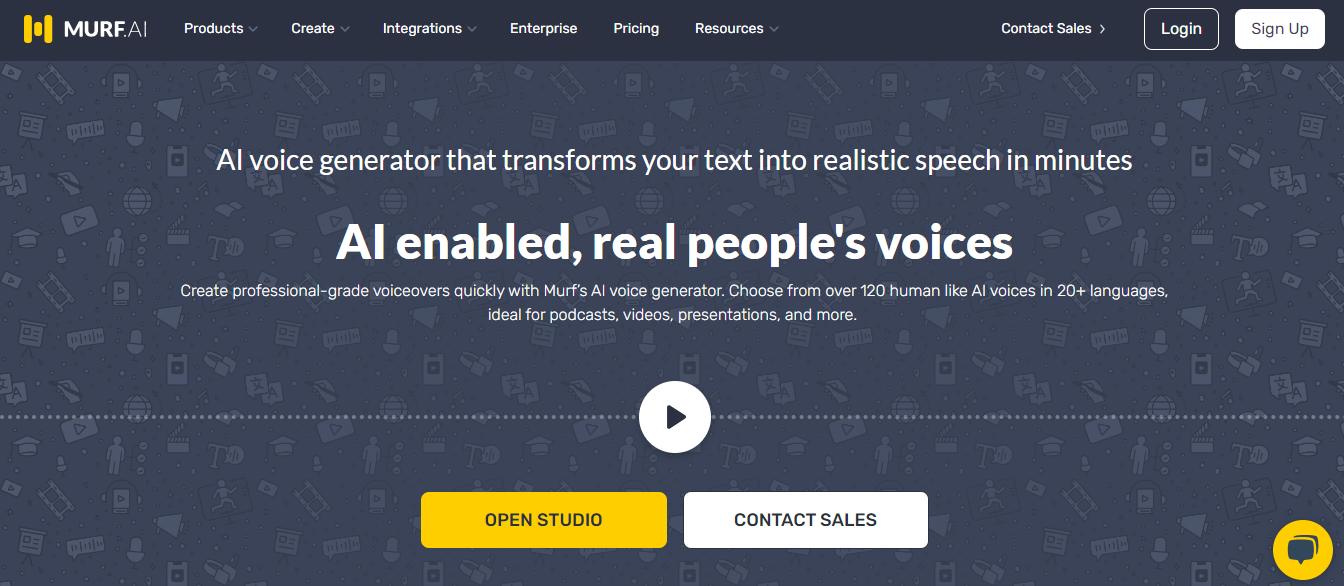
Murf AI converts text to human-sounding speech with multiple accents and tones, making it suitable for video voiceovers. Key features:
Why it helps startups: Murf replaces studio voiceovers for explainer videos, ads, and onboarding content at a fraction of the cost.

Upmetrics helps founders generate business plans, forecasts, and pitch decks using AI-guided templates. Key features:
Why it helps startups: Upmetrics speeds investor preparation and external communications without a finance hire.
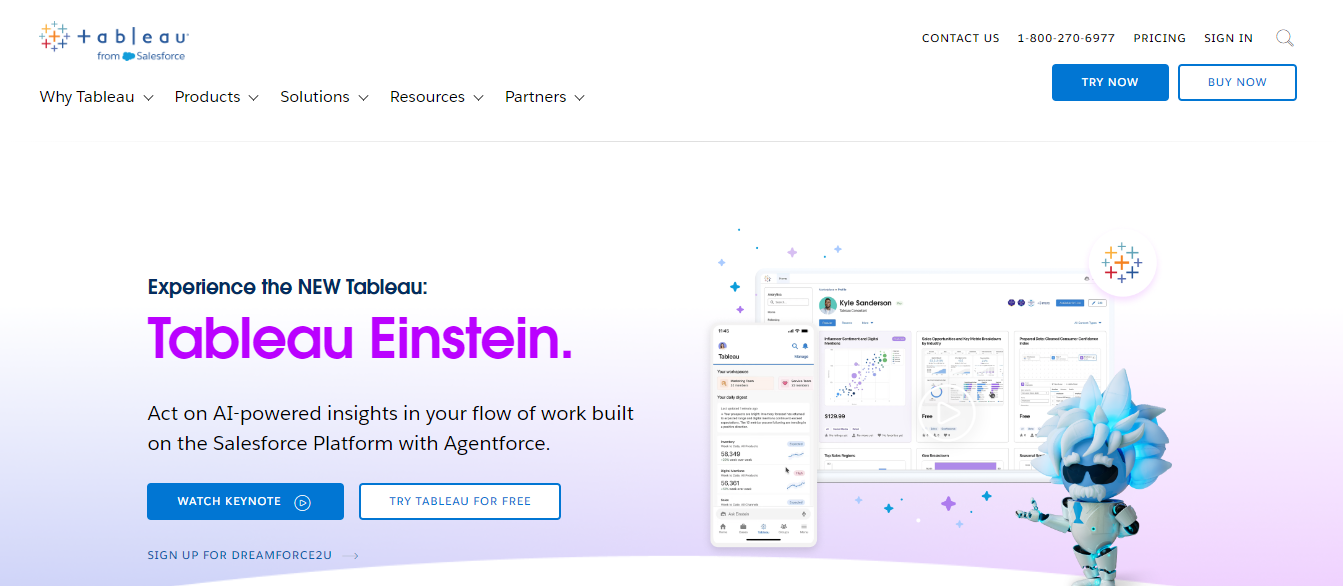
Tableau turns multiple data sources into interactive dashboards and surfaces AI-driven insights. Key features:
Why it helps startups: Tableau enables startups to measure product and marketing performance, presenting clean, intuitive dashboards to investors and the team.
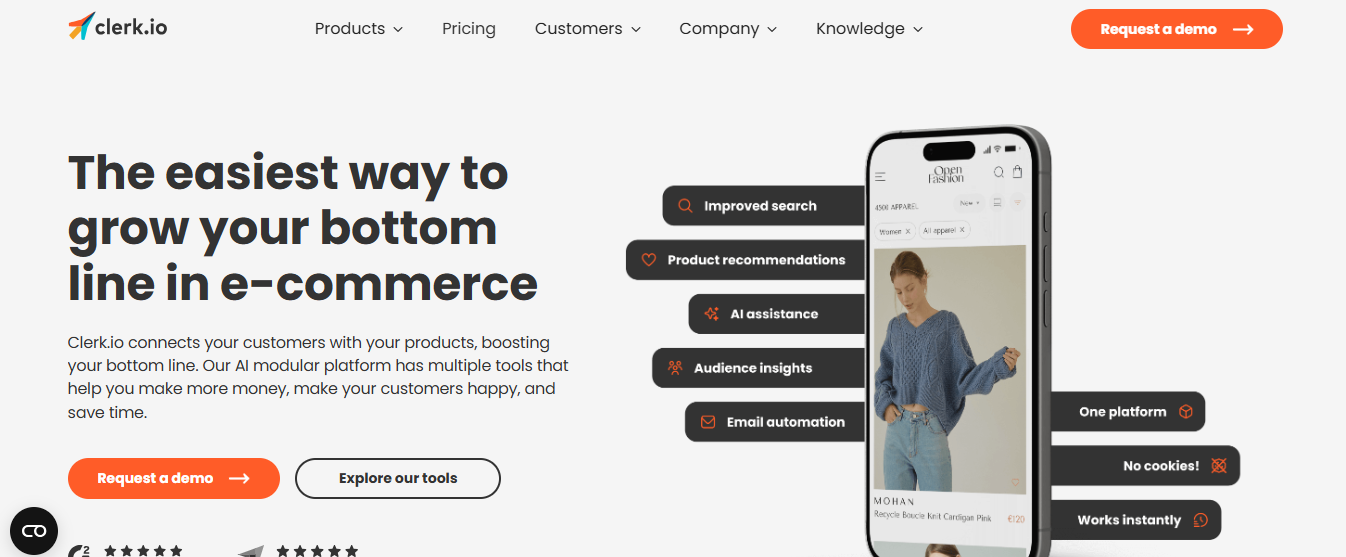
Clerk.io personalizes product search, recommendations, and email flows to improve conversions on e-commerce sites. Key features:
Why it helps startups: Clerk.io increases average order value and conversion with machine learning tuned to shopper behavior.

Greenhouse provides hiring orchestration with sourcing, screening, and interview scheduling automation. Key features:
Why it helps startups: Greenhouse reduces bias, speeds hiring cycle time, and provides hiring metrics that scale recruiting predictably.

Glint runs surveys and feedback loops to surface morale and engagement patterns across teams. Key features:
Pulse surveys
Sentiment analysis
Manager dashboards
Action planning tools
Why it helps startups: Glint identifies morale risks early and helps managers focus on retention drivers that maintain steady team productivity.
AI Acquisition helps professionals and business owners start and scale AI-driven businesses using existing AI tools and a proprietary AI operating system. We focus on practical, repeatable systems so you can launch without a technical degree or significant up-front capital. You keep your day job if you want, or replace it with a business that scales as AI automates:
Our ai clients dot com AI operating system stitches together best-in-class platforms into a single workflow. It handles data intake, client qualification, CRM integration, automated proposals, and ongoing delivery using machine learning models, chatbots, and workflow automation. You configure your inputs once, and the system runs processes that otherwise require a team of specialists.
You do not need to code or hire a development team. No-code and low-code tools, pre-trained models, and AI marketing tools enable you to configure services quickly. We train you to assemble the right AI software stack, from NLP tools to RPA for repetitive tasks, so you avoid spending on custom engineering. Start with small service packages and scale pricing as the system proves results.
I applied the same system we teach, focusing on a repeatable offer, high-value clients, and automation for delivery and sales. I used AI for:
Within two years, I expanded client volume and raised prices as the technology handled onboarding and reporting, allowing me to focus on strategy and growth.
Which platforms do we pair in the AI client stack? Use top AI tools for startups, such as:
Pair those with CRM integration, email automation, and no-code workflow builders. That combination covers AI sales tools, AI marketing tools, customer support chatbots, and growth hacking automation.
Which models are the fastest for new founders? Offer AI-enabled lead generation services, automated content and ad creative, subscription-based analytics and reporting, or white label AI customer support, package services into fixed deliverables and recurring revenue. Use performance-based pricing when you can prove ROI through tracking and predictive analytics.
You already have valuable skills. Consulting, industry expertise, project management, sales, or marketing map directly to AI services. Your domain knowledge accelerates data collection and identifies the optimal use cases for NLP tools and automation. We teach you how to turn those skills into offers that leverage AI to increase margins.
Our free training shows step by step how to set up a startup AI stack, recruit early clients, and automate delivery. We cover tool selection, onboarding flows, help desk automation, and analytics dashboards. After the training, you can book an AI strategy call with a consultant to design a plan based on your background and local market.
We prioritize data security, transparent contracts, and precise performance metrics. Our templates include client consent language, data handling procedures, and integration best practices for GDPR and similar requirements. We also focus on explainability when using predictive models so clients understand outputs.
Ready to See It Work for You?
Do you want a walkthrough of the exact toolset and workflows used to scale quickly? Book an AI strategy call or register for the free training to observe the system in action and test how your skills map to a profitable AI business.
Get the exact playbook we used to build our own AI-powered agency. Inside, you'll discover the strategies, tools, and workflows that helped us systemize growth.